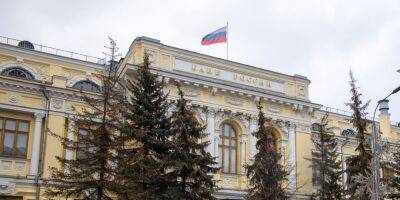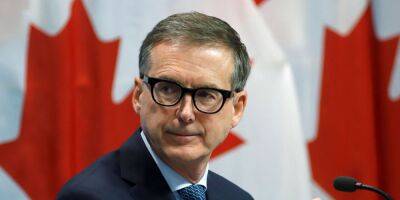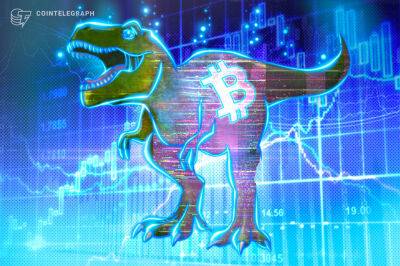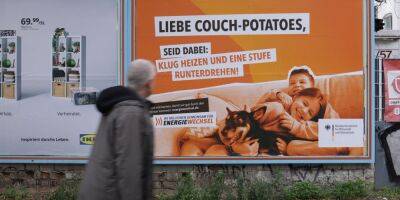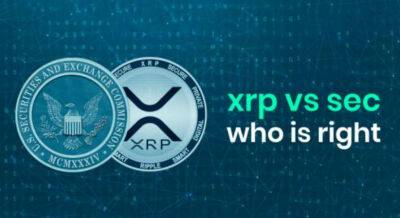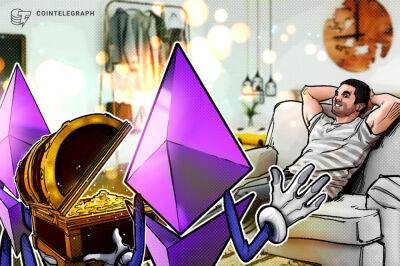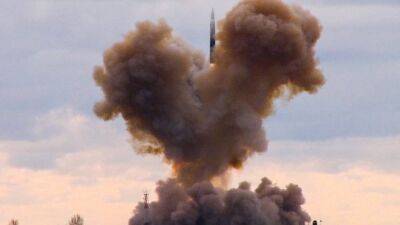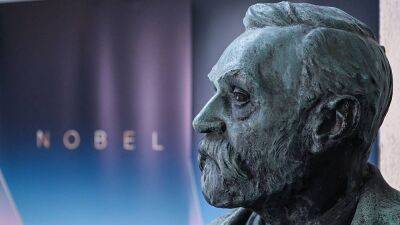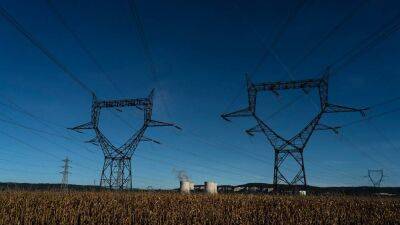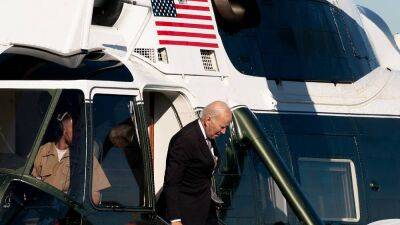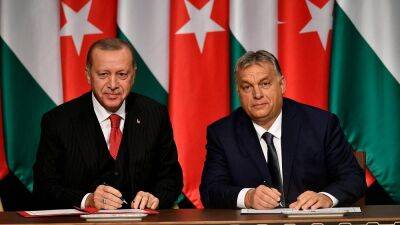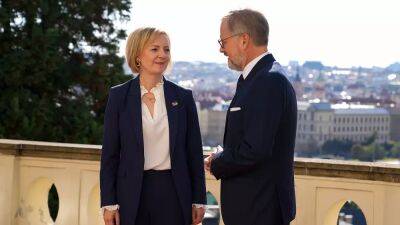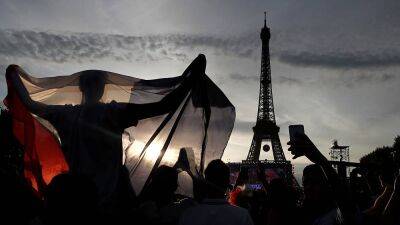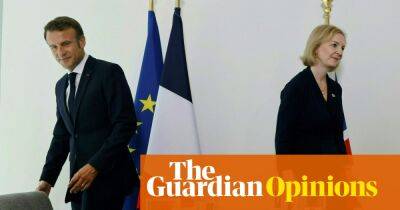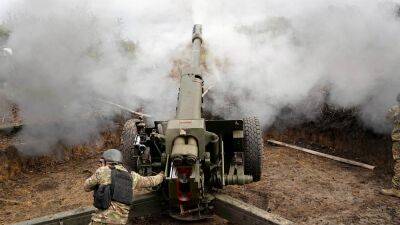European Political Community: What we know and don't know about the new club of nations
More than 40 European leaders are expected to gather in Prague today for the inaugural meeting of the European Political Community (EPC) but much remains unclear over what this new organisation actually stands for and can achieve.
This first meeting is being held just five months after Emmanuel Macron first pitched the community as a response to Russia's war in Ukraine and the complete geopolitical rethink it triggered across European capitals.
This new format was also meant to soothe the feathers of counties in the waiting room for EU membership that had been ruffled by Ukraine, Moldova and Georgia's fast-tracked applications to join in the aftermath of Russia's invasion.
Macron stressed the EPC was not to be an alternative to accession but rather allow for deeper cooperation with democratic countries across the continent.
For Steven Blockmans, director of research at the Centre for European Policy Studies (CEPS), the rapidity with which this meeting was organised suggests that it signals that there are "issues here which transcend the bilateral disputes and which concern the future of the European security order."
It also shows "Russia and Belarus that the rest of Europe is basically uniting in defence of that European security order," he added.
Most of the commentary written since Macron's Europe Day announcement has been fairly positive about the proposal.
Both the COVID-19 pandemic and Russia's war in Ukraine have led to accusations that the EU has been too complacent about its own dependencies and about the influence of foreign actors such as Russia and China in its own backyard.
This new organisation would therefore be a "welcome addition to the international organisations and other inter-governmental conferences that
Read more on euronews.com
